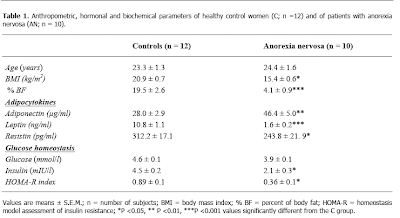Reversing beta cell dysfunction
Mostly a bookmarking post, but indicates the possibility of "curing" type 2 diabetes. Genipin inhibits UCP2-mediated proton leak and acutely reverses obesity- and high glucose-induced β cell dysfunction in isolated pancreatic islets Summary Uncoupling protein 2 (UCP2) negatively regulates insulin secretion. UCP2 deficiency (by means of gene knockout) improves obesity- and high glucose-induced β cell dysfunction and consequently improves type 2 diabetes in mice. In the present study, we have discovered that the small molecule, genipin, rapidly inhibits UCP2-mediated proton leak. In isolated mitochondria, genipin inhibits UCP2-mediated proton leak. In pancreatic islet cells, genipin increases mitochondrial membrane potential, increases ATP levels, closes K ATP channels, and stimulates insulin secretion. These actions of genipin occur in a UCP2-dependent manner. Importantly, acute addition of genipin to isolated islets reverses high glucose- and obesity-induced β cell dys...


